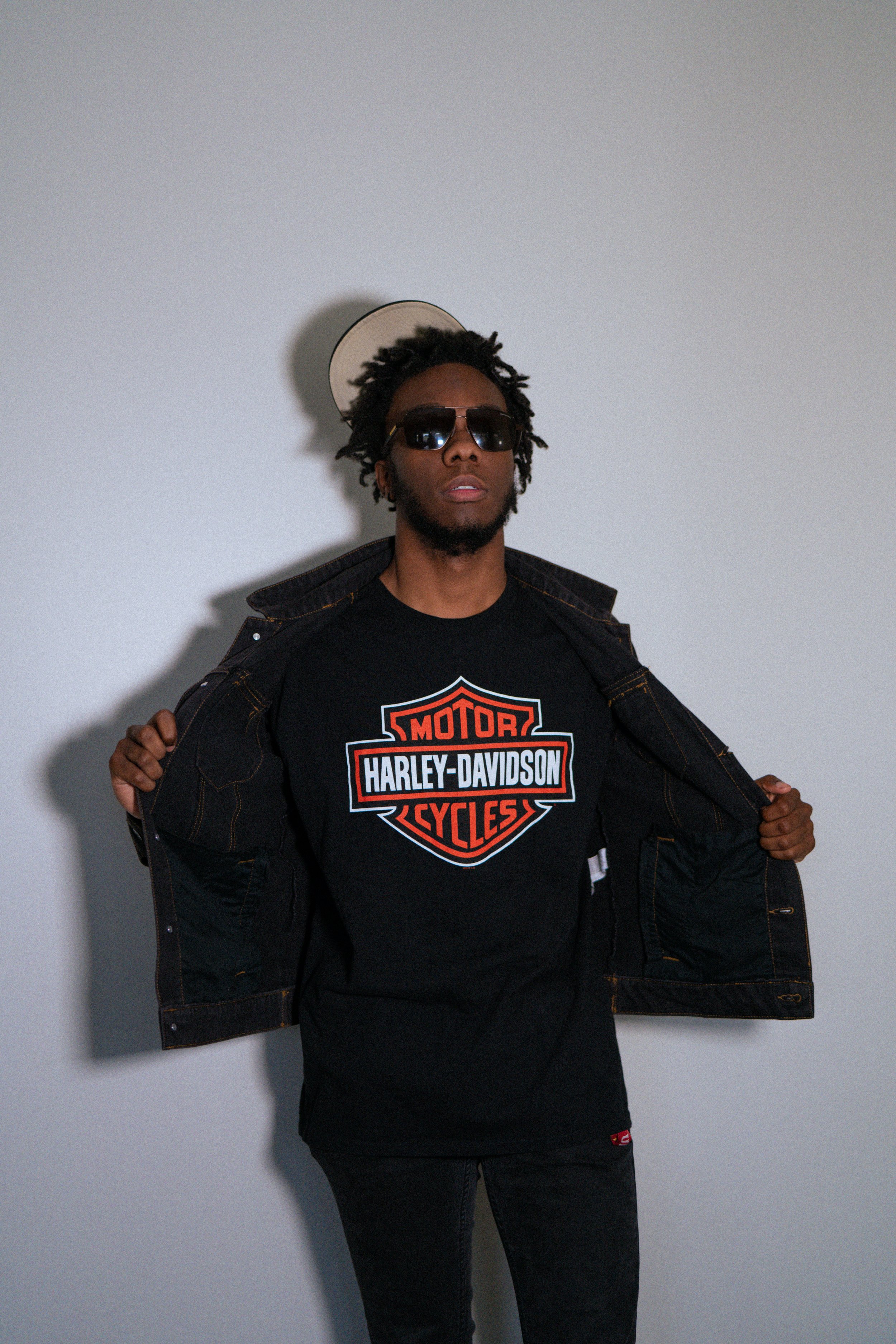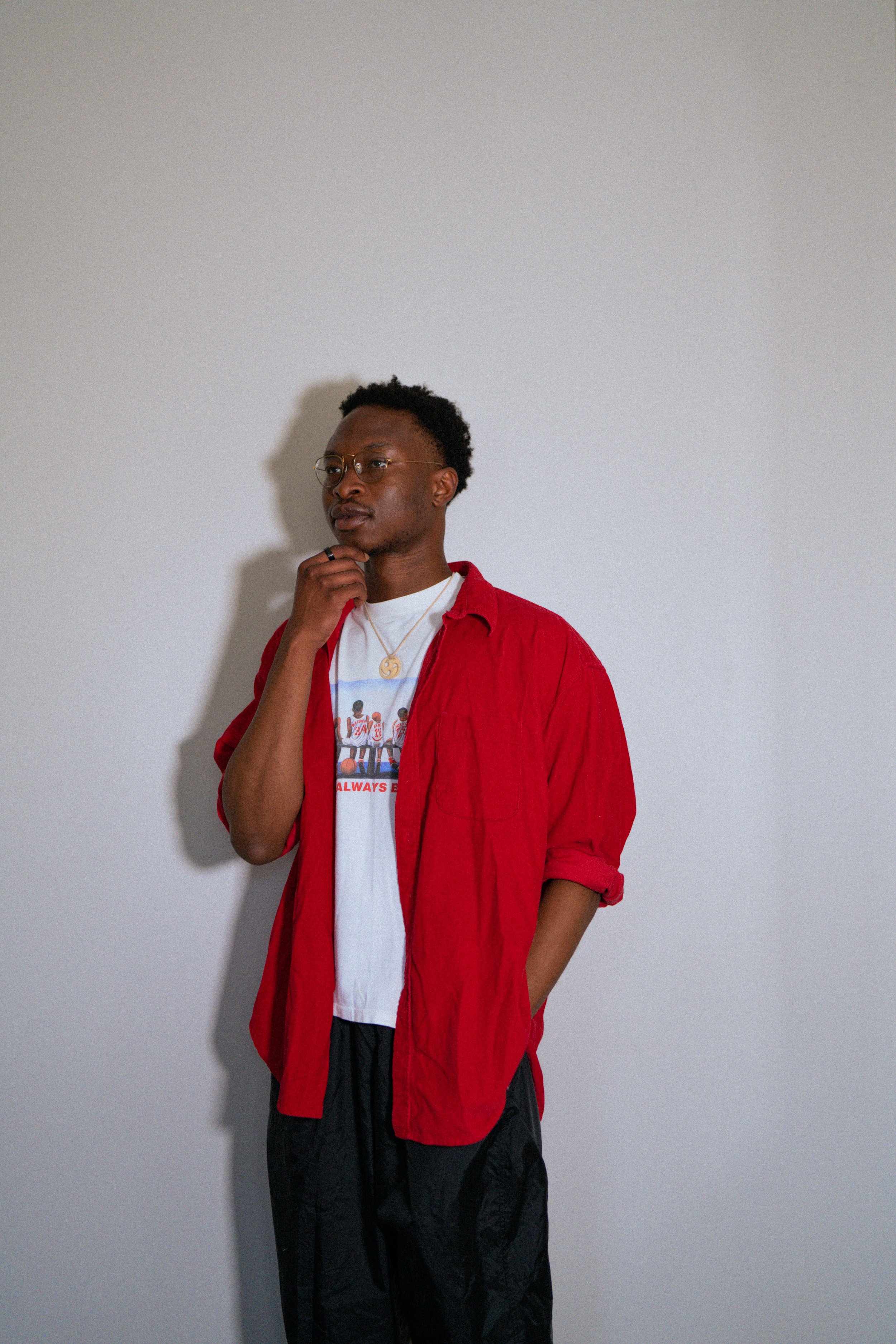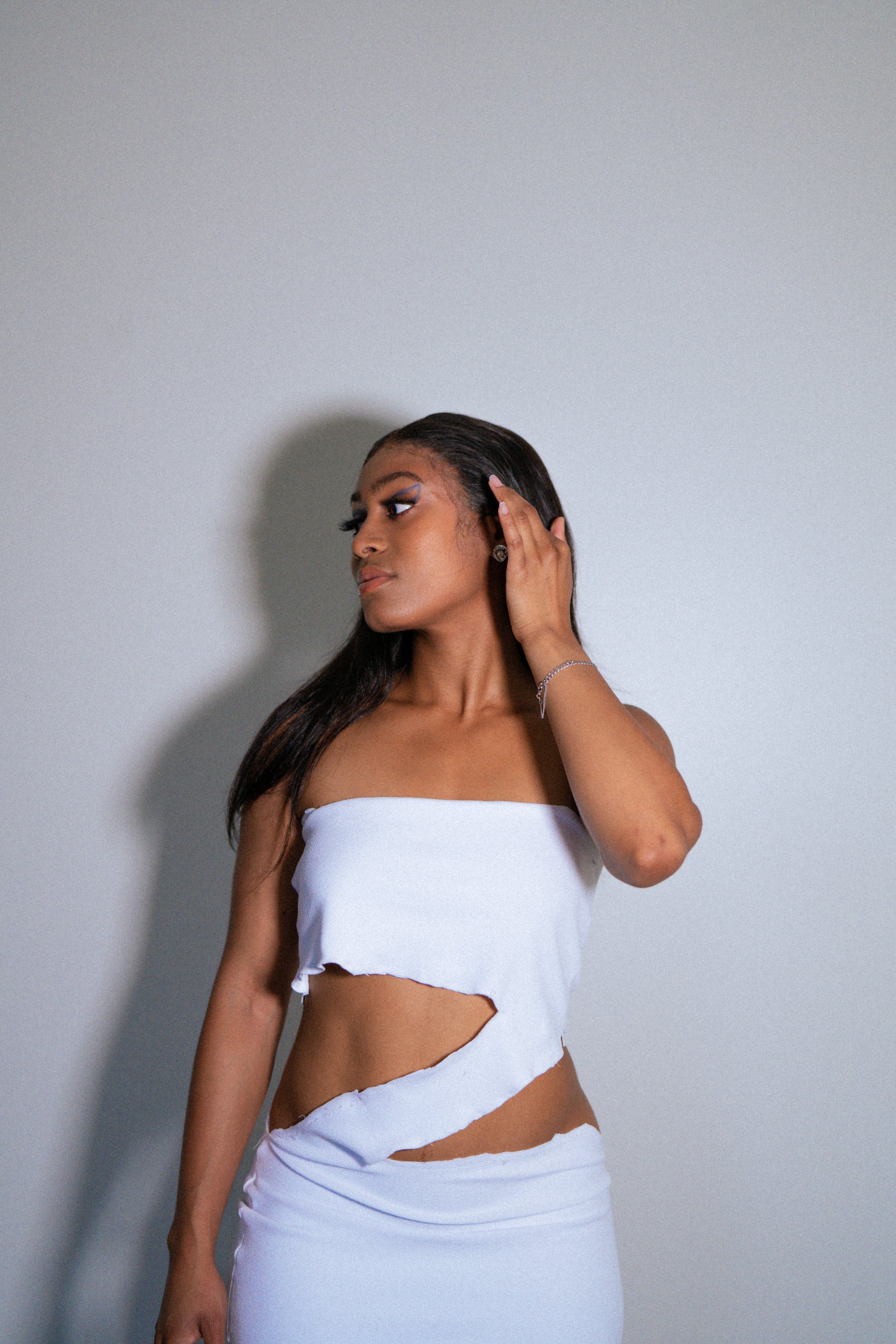The Self-Expression of Black Children
The phrase "too white for the black kids and too black for the white kids" was coined in a 2012 tweet by no other than the Nigerian-American rapper Tyler, The Creator. This tweet resonated with many Black Americans, including African immigrants who did not wholly emerge from Black American culture while balancing their African heritage in a racialized American society. "You act white!" was a common phrase I was told in my adolescence by peers who looked like me and even those who didn't. I know of many other racialized Black adults who were ostracized from their communities for reasons from "talking white" to being interested in "white people activities."
Society portrayed a certain ‘look’ for people who participated in alternative aesthetics, played video games, and participated in outdoor activities (hiking, skiing, even swimming). The ‘look’ rarely ever included people with darker skin which was devastating and honestly quite irritating.
So we changed it. Those Black kids who were called the 'weird kids' grew up. They became internet celebrities, but it wasn't overnight. There has been a steady, very steady rise in Black representation in different mediums of creativity, but it isn’t enough. In 2011, there were only 7.6% of movie writers of color working in Hollywood while in 2021 that number has increased to 32.3% (University of California, 2022). First came the first Black president of the United States (shout out to the Obamas!), then came the groundbreaking Black Panther film raking in $1.3 billion worldwide, and then the rise in social media platforms, such as TikTok, giving platforms for Black creators.
The rise in social media platforms throughout the 2010s and especially the 2020s gave and continues to provide a voice for Black children and Black adults. The Black children that were made fun of for having different tastes than what American society deemed stereotypical 'Black culture' grew up to be social media sensations. They utilize their creativity and unique style viewpoints to gain a platform while simultaneously speaking out on the racism they faced from an early age. The lovely Aliyah Bah, who started her career making outfit videos based around her moon boots, crop tops, multitude of stylish belts, and earmuffs on TikTok, is now walking runways and collaborating with brands internationally. Currently, there are fashion shows run by Black creatives, such as Texas A&M University’s FWD Movement, that incorporates the different aesthetics Black people are creating and participating in. TikTok isn't where it all started, though. Youtube was also an essential platform Black children used to gain inspiration and see people who created and expressed themselves in ways we did not see in mainstream media. Jackie Aina, GloZell Green, JustKingTBH (previously known as Kingsley), Tre Melvin, and many more Black YouTubers filled my childhood with joy, comedy, and life lessons. Black children needed an outlet and chose social media to gain much-needed support that was not always coming from their immediate peers or judgemental parents.
With the popularization and celebration of Black American culture throughout the world came a love for African culture as well. There has always been a cultural fence between Black Americans and African immigrants. Still, the game is slowly but surely changing. African cultures, especially Nigerian, are growing in the States, with artists such as Burna Boy, Rema, and Tems selling out concerts in the United States and around the world. From being called “African booty scratcher” (a term used against Africans from the film “The Gods Must Be Crazy”), or “Akata” (a term used primarily by Africans against Black Americans originating in West Africa to mean a cat without a home), to African immigrants celebrating Black American culture and Black Americans showing up to African cultural events; there is a substantial change being made for the better.
The movement of change has erupted. So many Black creators are taking up space they were never alloted and making it a space safe for more Black artists to join. Events are held around big cities to showcase Black art forms of all mediums. Society has changed its viewpoints on what ‘Black’ is because we kept showing up and showing out. We were never “too white” for the Black kids; society was just too rigid and downright racist, and we are tired of being put into a label for doing the things that we enjoy. From the lyrics of Tyler, The Creator, who gave me one of my most intense concert experiences, “Tell these black kids they can be who they are”!
Written by Olive Okoro, Photographer: Maha Afzal, Social Media: Krisha Atreya



